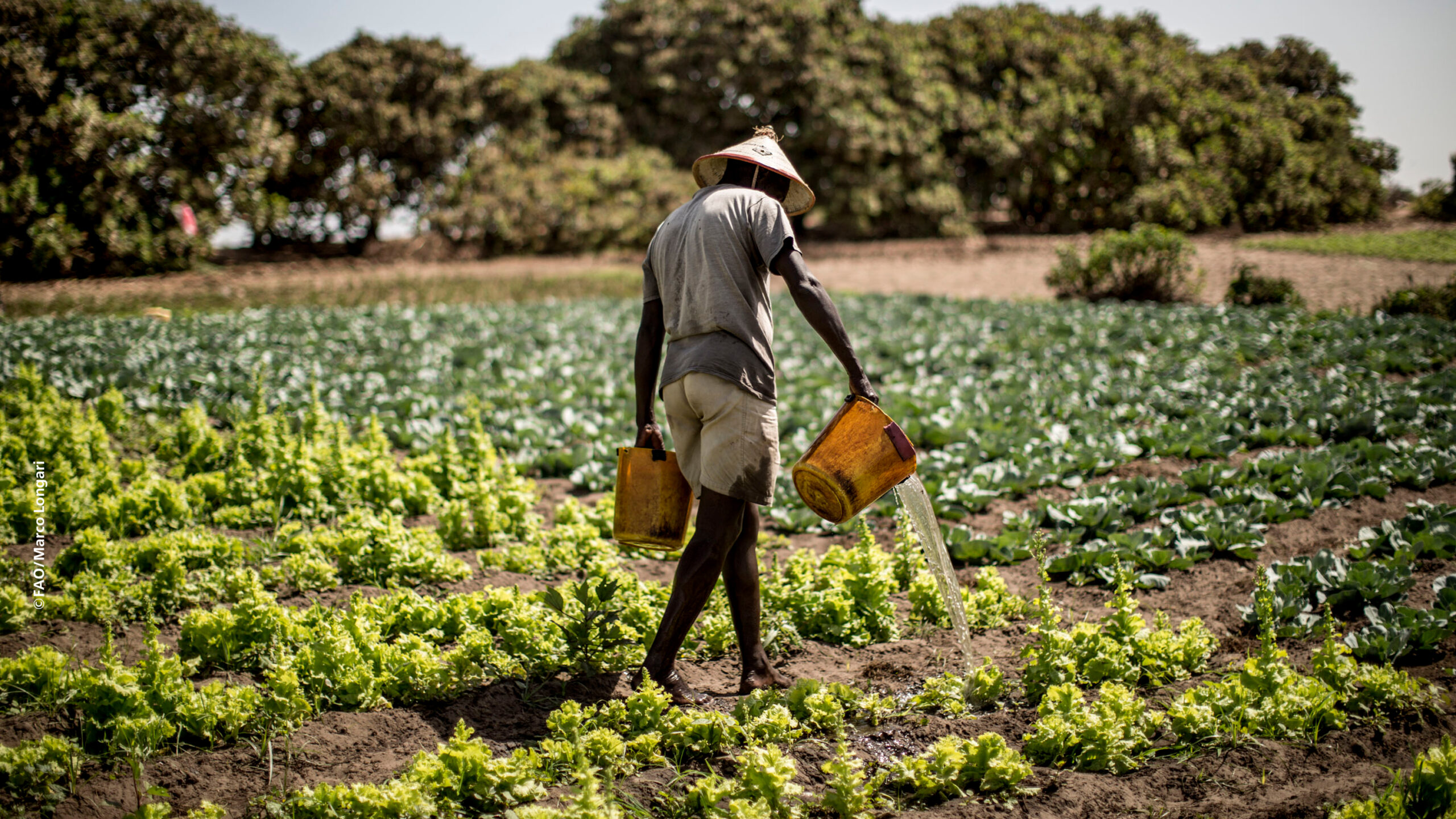- Expensive loans remain a significant issue across populations engaged in agriculture in Nigeria, Tanzania and Zambia.
- A report by the Alliance for Green Revolution in Africa (AGRA) says capital injection is a significant strategy agribusinesses use to survive.
- Moreover, agribusinesses face high operational costs from fuel prices and low-profit margins driven by currency devaluations.
The lack of agriculture-friendly financial systems saw agribusinesses turn down expensive loan options in the market, with only 15 per cent taking on commercial capital in 2023 and the rest sourcing capital from friends, family and their business savings.
The incentives by the government channelled towards agriculture failed to adequately cushion Agribusinesses from economic shocks, a new report by Alliance for Green Revolution in Africa (AGRA) has revealed.
The African Agribusiness Outlook survey is conducted annually to gain insights into the sector’s top priorities, how they address challenges, and what SMEs see as opportunities.
A reflection on the agribusinesses’ performance demonstrated that the most effective actions taken by governments in sub-Saharan Africa were to reduce the cost of doing business through tax reductions and tax incentives.
However, agribusinesses still face high operation costs driven by fuel prices and low-profit margins driven by currency devaluations.
For instance, in the review period, six per cent of the agribusiness SMEs re-negotiated supplier contracts and payment terms, and 10 per cent moved premises to a cheaper option.
A further 24 per cent reduced operational costs, 32 per cent reduced staff to cut costs, and 35 and 47 per cent of businesses Injected more capital into the business and Adopted a new strategy, respectively.
Industry players now say the sector would benefit from improvements in less formal nontariff barriers that increase the cost of business and strengthen cross-border regulation and facilitation to allow for export trade.
“So far, there has been progress made in improving access to finance through several blended facilities and capacity building of businesses to improve the bankability of agribusinesses,” said AGRA Head of Partnerships Jennifer Baarn.
The most decisive call from agribusiness across the polled markets continues to be finance, particularly the cost of the finance.
Expensive loans

Capital injection was seen as a significant strategy that agribusinesses used to survive. It continues to be core to business operations, with less than 15 per cent taking on commercial credit finance over the last three years due to the cost of credit.
“CEOs adopted pivotal strategies to remain resilient. These included injecting additional capital into their businesses, reorganizing and redeploying human capital, and, in some cases, relocating their businesses. What this critical middle need is a concerted effort by the ecosystem to build resilience not just of the businesses but the entire supply chain,” the report says
AGRA says that agribusinesses require more robust market visibility systems as opportunities continue to emerge for the expansion of trade markets through the Africa Continental Free Trade Area and Export Processing Zones.
Some of the CEO’s suggestions included the establishment of more digital marketplaces for market expansion, end-to-end supply chain digital platforms for visibility, e-finance as a way to reduce the cost of transactions, and digital extension to improve farmer productivity, amongst others.
Policy reforms in agriculture financing
Read also: How AI-powered innovation is reshaping agriculture for smallholder farmers
Agribusiness CEOs prioritized an enabling business environment with better policies, reduced regulatory costs and bureaucracies and government support/ protection against globally driven constraints – fuel costs and currency devaluations.
The report mainly focuses on Nigeria, Tanzania, and Zambia. Says that in Nigeria, The Economic Stimulus Bill 2020 provided 50 per cent tax rebates to registered businesses
In Tanzania, imports and exports were freed, which helped reduce the local market slump at the beginning of COVID-19, where the price of maize and rice dropped significantly (Nyange & Kongola, 2020).
“Specialized financial products developed by the government of Tanzania resulted in an interest rate drop from around 20 per cent to 9 per cent,” reads the report in Part.
In Zambia, the government directed all chain stores, such as Shoprite and Pick N Pay, to prioritize local agricultural produce.
AGRA notes that providing market information to highlight market shortages and gluts and reducing government intermediation on price subsidies that distort market dynamics is vital for mitigating loss risks and driving better profitability for SMEs.




